The Art of Traditional Wooden Craftsmanship
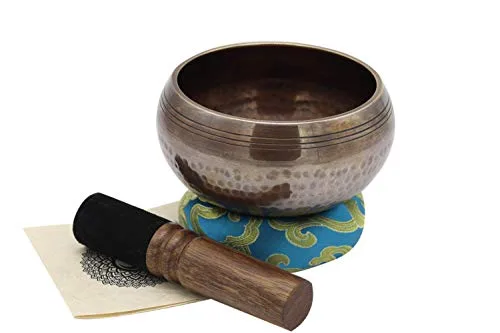
Welcome, dear readers, to a journey through the captivating realm of traditional wooden craftsmanship. Imagine a world where skilled artisans transform raw timber into exquisite pieces of art, each possessing its own unique story and soul. It’s a world where every stroke of a chisel and every delicate carve of a blade holds the power to create something truly extraordinary.
But here’s a crazy fact to shock you: Did you know that the art of traditional wooden craftsmanship is slowly fading away in our fast-paced, technology-driven society? Yes, it’s true. In an era dominated by mass production and fleeting trends, we risk losing the beauty and authenticity that comes with the meticulous craftsmanship of yesteryears.
That’s why we’re here – to celebrate and preserve this invaluable art form. Join us as we explore the purpose of this post and why it’s crucial for us to embrace and cherish the art of traditional wooden craftsmanship in our modern world. Whether you are a passionate woodworker, an admirer of fine craftsmanship, or simply curious about the wonders of this ancient trade, we invite you to embark on this journey with us. Let’s dive into the enchanting world of traditional wooden craftsmanship together.
Timeless Artistry: Explore the Bestsellers of Traditional Wooden Craftsmanship
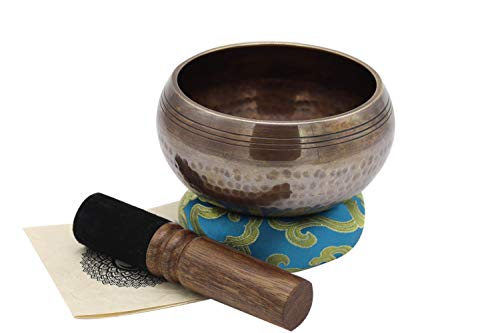

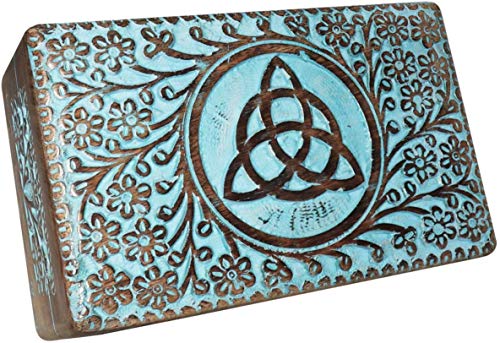
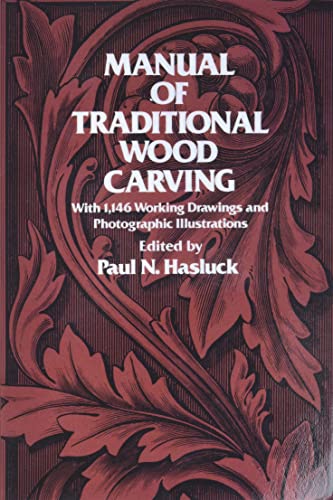

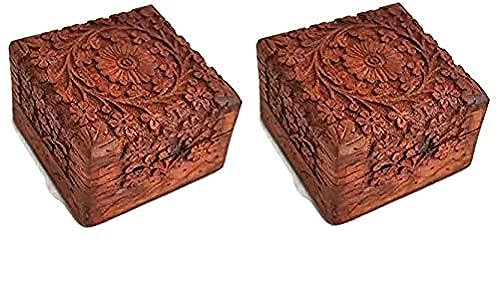
History of Traditional Wooden Craftsmanship
Wooden craftsmanship is an ancient art that has been practiced by civilizations across the world for thousands of years. From the intricate carvings of ancient Egypt to the delicate joinery of Japanese woodworking, the history of traditional wooden craftsmanship is a testament to human ingenuity and creativity. In this blog section, we will take a journey through time, exploring the origins and evolution of this craft.
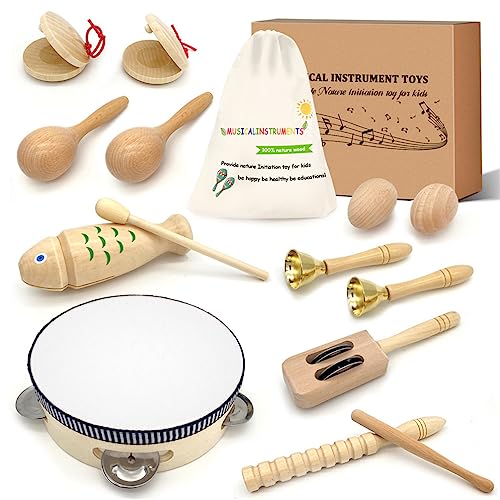


Ancient Beginnings
Woodworking can be traced back to the earliest human civilizations. In ancient Egypt, wooden furniture, such as chairs and beds, adorned the homes of the wealthy. Skilled craftsmen honed their skills in creating intricate carvings, often depicting gods and pharaohs. The Egyptians also used wooden ships, like the famous Khufu ship, to navigate the Nile River.
In ancient China, woodworking played a crucial role in the construction of temples, palaces, and furniture. The Chinese developed advanced joinery techniques, such as the dovetail joint, which allowed for sturdy and durable structures. The artistry of Chinese woodworking can still be seen today in the intricate lattice work of screens and the elegant curves of furniture.
The Renaissance and Beyond
During the Renaissance period in Europe, woodworking experienced a revival. Skilled craftsmen began to create ornate furniture and decorative objects, showcasing their mastery of the craft. The use of veneers and marquetry became popular, adding intricate patterns and designs to wooden surfaces.
In the 18th century, the Shakers in America gained recognition for their simple yet functional wooden furniture. They believed in the importance of craftsmanship and created pieces known for their clean lines and durability. Shaker furniture continues to be admired for its timeless design and craftsmanship.
Traditional Craftsmanship Today
Traditional wooden craftsmanship has not been overshadowed by modern manufacturing techniques. In fact, there is a growing appreciation for handmade wooden products that showcase the skills and artistry of craftsmen. Many brands and artisans continue to create unique and high-quality wooden items that stand out in a world dominated by mass-produced goods.
Benefits of Traditional Wooden Craftsmanship
- Uniqueness: Each piece is handcrafted, making it one-of-a-kind.
- Durability: Traditional woodworking techniques ensure that products are built to last.
- Sustainability: Wood is a renewable resource, making it an environmentally friendly choice.
- Aesthetics: The natural beauty of wood adds warmth and character to any space.
Examples of Traditional Wooden Craftsmanship
- Brand A: Known for their hand-carved wooden bowls, Brand A combines traditional techniques with modern design to create functional and artistic pieces.
- Product B: This beautifully crafted rocking chair by Product B is made using traditional joinery methods, ensuring a comfortable and sturdy seat.
- Model C: Model C’s wooden cutting boards are not only practical but also showcase the natural beauty of the wood grain.
In conclusion, the history of traditional wooden craftsmanship is a rich tapestry of cultural influence and human creativity. From ancient Egypt to modern-day artisans, the art of woodworking continues to captivate and inspire. By supporting traditional wooden craftsmanship, we not only bring unique and beautiful pieces into our lives but also preserve a timeless craft for future generations to appreciate.
Techniques and Tools Used in Traditional Wooden Craftsmanship
Woodworking is an age-old craft that has been passed down through generations. From creating furniture to intricate decorative pieces, traditional wooden craftsmanship requires a combination of skill, patience, and the right tools. In this section, we will explore some of the techniques and tools employed by traditional wooden craftsmen, giving you a glimpse into this fascinating world.



Hand Carving: The Art of Precision
Hand carving is a technique that has been used for centuries to create intricate designs and details on wooden surfaces. It involves using various carving tools, such as chisels, gouges, and knives, to carefully remove material from the wood and shape it into desired forms. Hand carving allows craftsmen to add a personal touch to their creations and create unique, one-of-a-kind pieces.
Joinery: The Art of Interlocking
Joinery is an essential technique in traditional wooden craftsmanship, focusing on the art of creating strong connections between wooden pieces without the use of nails or screws. This technique requires precision and expertise to create seamless joints that not only provide structural integrity but also enhance the visual appeal of the final product. Some common types of joinery techniques include dovetail joints, mortise and tenon joints, and finger joints.
Woodturning: Shaping Wood on a Lathe
Woodturning is a technique that involves spinning a piece of wood on a lathe while using various cutting tools to shape it into symmetrical forms. This technique allows craftsmen to create items like bowls, vases, and spindles with smooth curves and intricate details. Woodturning requires a combination of skill, patience, and an understanding of the wood’s properties to achieve the desired results.
Wood Finishing: Enhancing the Beauty
Wood finishing is the final step in traditional wooden craftsmanship and is crucial for enhancing the beauty and durability of the wooden piece. It involves applying various finishes, such as stains, varnishes, or oils, to protect the wood from moisture, enhance its natural color, and provide a smooth, polished surface. Different finishing techniques can create a range of effects, from a glossy finish to a more rustic, weathered look.
Essential Tools for Traditional Wooden Craftsmanship
To achieve the best results in traditional wooden craftsmanship, craftsmen rely on a variety of specialized tools. Here are some of the essential tools commonly used:
- Chisels and Gouges: Used for hand carving and shaping wood.
- Planes: Used for smoothing and flattening surfaces.
- Saws: Essential for cutting wood into desired shapes and sizes.
- Lathe: Used for woodturning, allowing craftsmen to shape wood into symmetrical forms.
- Clamps: Vital for holding pieces together during joinery work.
- Scrapers and Sandpaper: Used for smoothing surfaces and removing imperfections.
- Finishing Brushes and Applicators: Essential for applying finishes evenly.
The Benefits of Traditional Wooden Craftsmanship
Traditional wooden craftsmanship offers several benefits that make it a popular choice for those seeking high-quality, unique wooden pieces. Here are some key advantages:
- Durability: Wooden pieces crafted using traditional techniques and quality materials can last for generations.
- Aesthetics: Traditional wooden craftsmanship allows for the creation of visually stunning, one-of-a-kind pieces with intricate details and unique designs.
- Sustainability: The use of traditional techniques often involves working with sustainably sourced wood and minimal reliance on machinery, making it an environmentally friendly choice.
- Customization: Craftsmen can tailor wooden pieces to meet specific requirements, ensuring a personalized touch and a perfect fit for any space.
In conclusion, traditional wooden craftsmanship encompasses a range of techniques and tools that have stood the test of time. From hand carving and joinery to woodturning and finishing, these skills and tools are essential for creating exquisite wooden pieces. By understanding the techniques and tools employed in traditional wooden craftsmanship, you can gain a deeper appreciation for the artistry and skill involved in this time-honored craft.
Traditional Wooden Crafts from Around the World
Wood has been a versatile material for centuries, and artisans from various cultures have mastered the art of crafting exquisite wooden creations. In this blog section, we will take a journey through different regions and explore the remarkable examples of traditional wooden crafts. From the intricate carvings of Japan to the rustic furniture of Scandinavia, let’s delve into the unique styles, motifs, and symbolism behind these awe-inspiring creations.


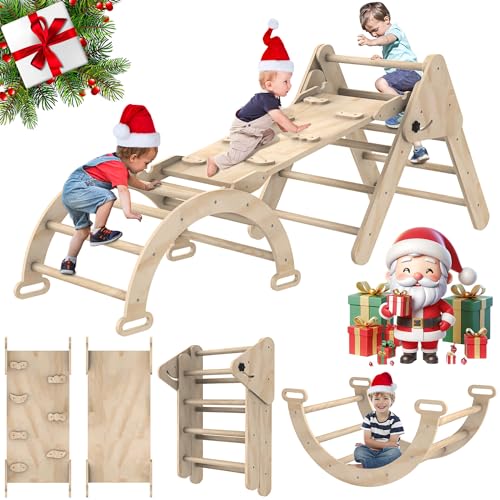
1. Japanese Woodwork: The Art of Precision
Japan has a rich tradition of woodworking that dates back centuries. Known for their precision and attention to detail, Japanese artisans create exquisite wooden pieces that embody both functionality and beauty. Here are some notable examples:
- Tansu Chests: These traditional wooden chests are renowned for their intricate joinery and compact design. They feature a series of drawers and compartments, making them ideal for storage in small spaces.
- Shoji Screens: Used as room dividers or window coverings, shoji screens are made from delicate wooden frames with translucent paper panels. The craftsmanship lies in the precise joinery and the artful balance of light and shadow.
- Noh Masks: Carved from wood, Noh masks are used in traditional Japanese theater performances. Each mask is painstakingly crafted to represent a specific character or emotion, showcasing the mastery of wood carving techniques.
2. Scandinavian Woodwork: Simplicity and Functionality
Scandinavian wooden crafts are known for their clean lines, simplicity, and functionality. Inspired by nature, these creations often feature light-colored woods and minimalist designs. Here are a few examples:
- Hans J. Wegner’s Wishbone Chair: Designed in 1949, this iconic chair showcases the Scandinavian aesthetic. It features a curved wooden frame with a woven seat, combining comfort and elegance.
- Dala Horses: Originating from Sweden, Dala horses are hand-carved and painted wooden figurines. They are often brightly colored and adorned with intricate floral designs, representing good luck and tradition.
- Finnish Sauna Buckets: Crafted from heat-resistant woods like pine or birch, these wooden buckets are an essential part of the Finnish sauna experience. They are meticulously crafted to withstand high temperatures and serve a practical purpose while adding a touch of beauty to the sauna environment.
3. African Woodwork: Tradition and Symbolism
Wood plays a significant role in African culture, where traditional wooden crafts often reflect deep-rooted traditions and spiritual beliefs. Here are a few examples:
- Masks: African masks are intricately carved from wood and possess deep symbolic meaning. They are used in ceremonies, rituals, and cultural performances to represent ancestors, spirits, or specific deities.
- Adinkra Stools: From Ghana, these stools are carved with intricate symbols that hold traditional wisdom and values. They serve as both functional seating and symbols of status, heritage, and cultural identity.
- Zulu Love Letters: These wooden beads are intricately carved to form messages of love and affection. They are traditionally given as gifts to express romantic sentiments and are cherished keepsakes.
Woodworking traditions around the world offer a glimpse into the cultural richness and craftsmanship of different societies. From Japan’s precision to Scandinavia’s simplicity and Africa’s symbolism, these traditional wooden crafts continue to inspire and captivate us. Whether you appreciate the intricate carvings, the functional designs, or the cultural significance, there is no denying the beauty and artistry that lies within these remarkable creations.
Honoring the legacy and embracing the future of traditional wooden craftsmanship
In conclusion, we hope that this blog post has provided you with a deeper appreciation for the art of traditional wooden craftsmanship. The history, techniques, and significance behind these handmade creations are truly remarkable and speak to a rich cultural heritage. As we come to understand the beauty and value of these pieces, we also encourage you to support local artisans and help preserve this timeless craft. Together, we can ensure that this art form continues to thrive and be celebrated for generations to come.


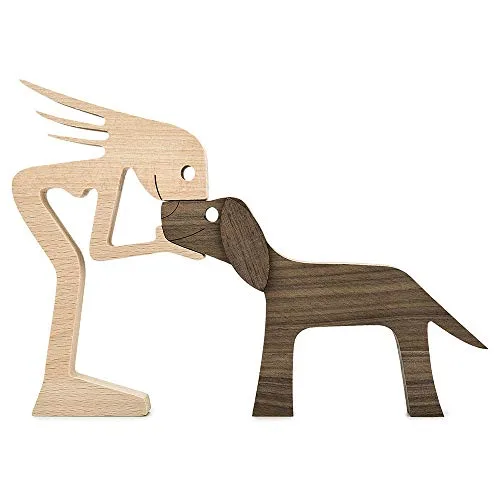
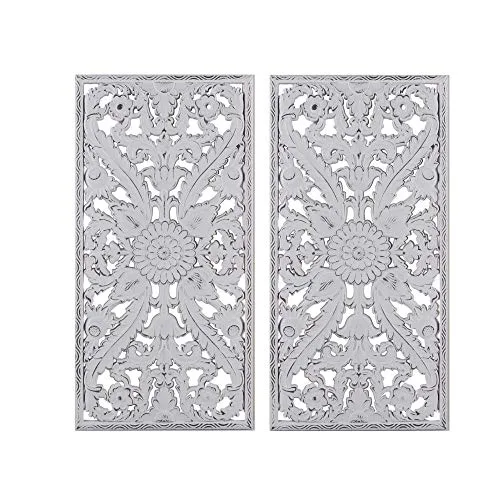
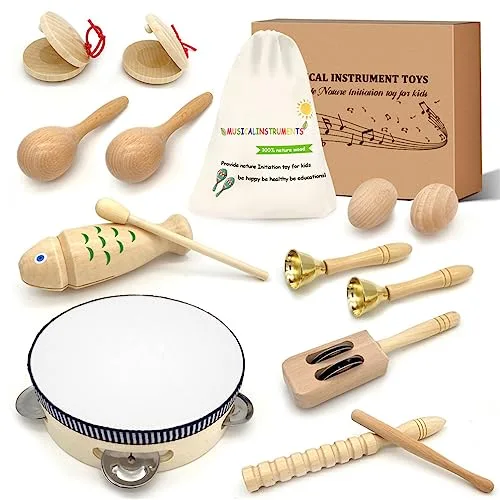
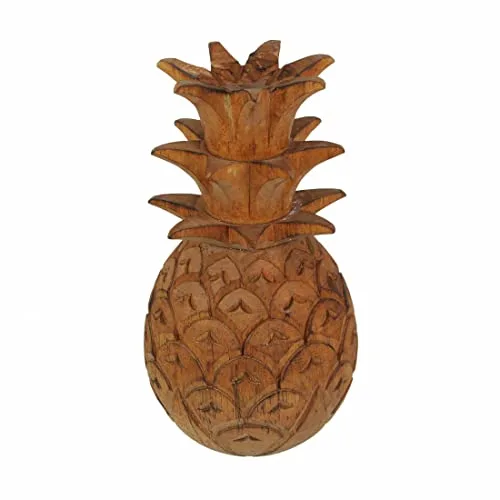
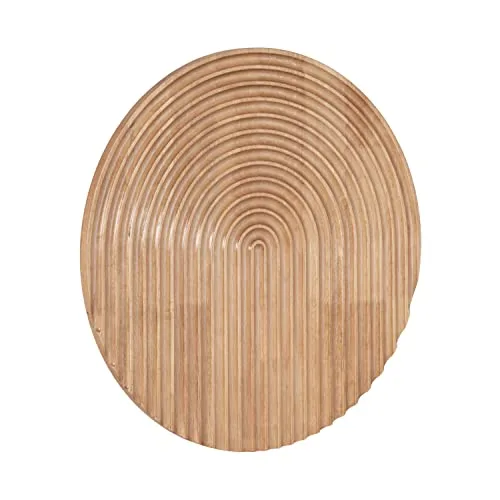
I’m curious to know more about the techniques and tools used in traditional wooden craftsmanship. Could you provide some specific examples?
Absolutely! In traditional wooden craftsmanship, tools like chisels, saws, and planes are commonly used. Techniques include carving, joinery, and woodturning. I can provide more specific details if you’d like.
I’ve always been interested in wooden crafts from different cultures. Can you give examples of traditional wooden crafts from around the world?
Of course! Traditional wooden crafts vary greatly across cultures. Some examples include Japanese woodblock printing, Scandinavian woodcarving, and African mask carving. There are many more fascinating examples out there.
I really enjoyed reading the section on the history of traditional wooden craftsmanship. It’s fascinating to see how these techniques have been passed down through generations.
Thank you! I’m glad you found the history section interesting. It’s indeed amazing to see the rich heritage behind traditional wooden craftsmanship.